“My partner and I got married at the boatshed out the front of Pinetrees Lodge 13 years ago,” owner of the lodge, Luke Hanson, tells Outdoor.
“At that time, in between the boatshed and the beach there was eight metres of sand dunes. Now, that’s all eroded away. One day we might lose this iconic building, purely because of coastal erosion. We would argue it’s climate change induced. We feel, like a lot of other islands and coastal regions, that we’re right at the coalface of the issue.”
Immediately, I can tell – from the passion in Luke’s voice and the way in which environmental issues like this one personally affect him and his fellow islanders – that the ecologically-inspired initiatives he is on the cusp of sharing with me come straight from the heart. That’s to say they’re the furthest possible thing from a marketing strategy. In fact, for the longest time, Luke has kept quiet about Pinetrees’ proactivity.
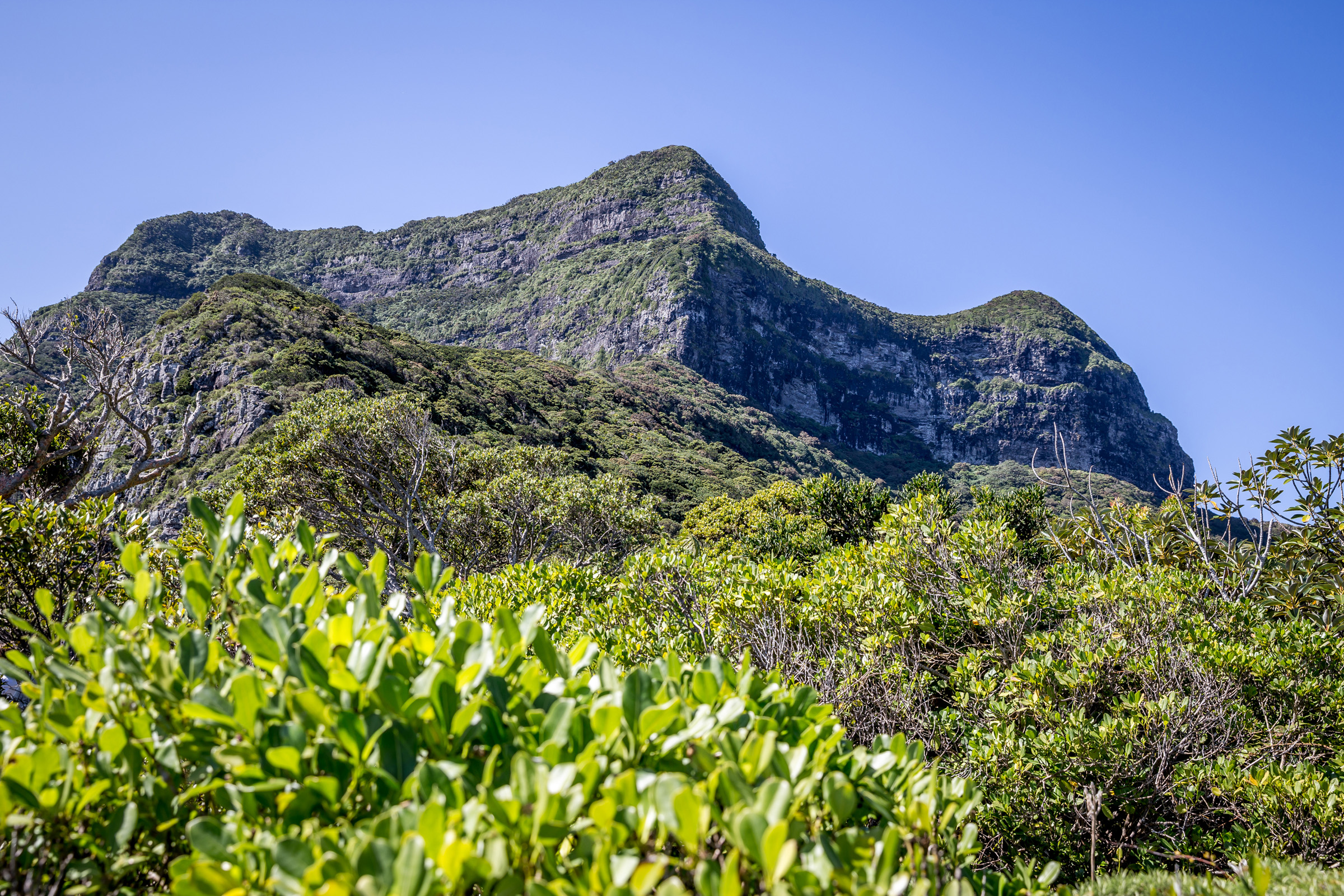


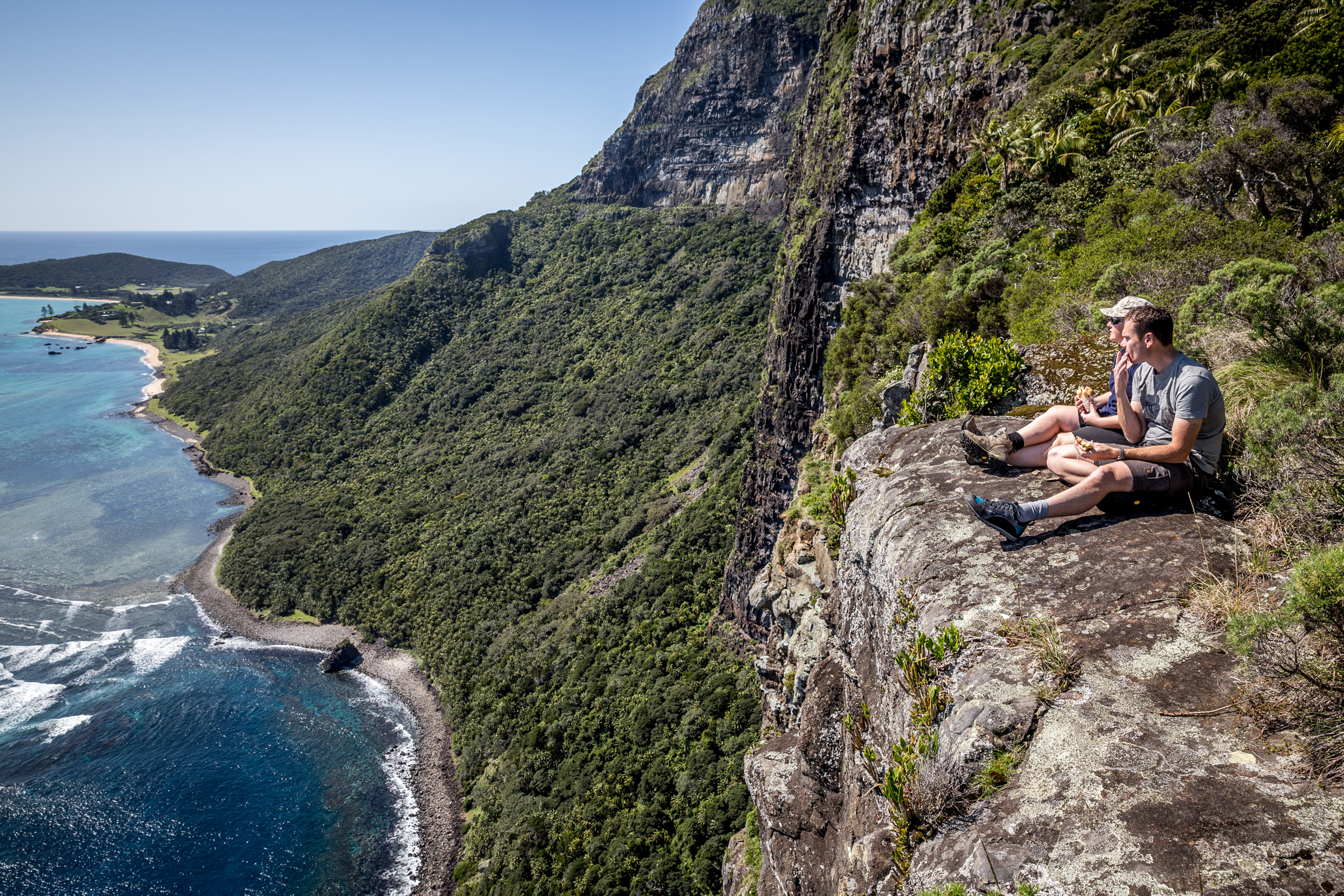
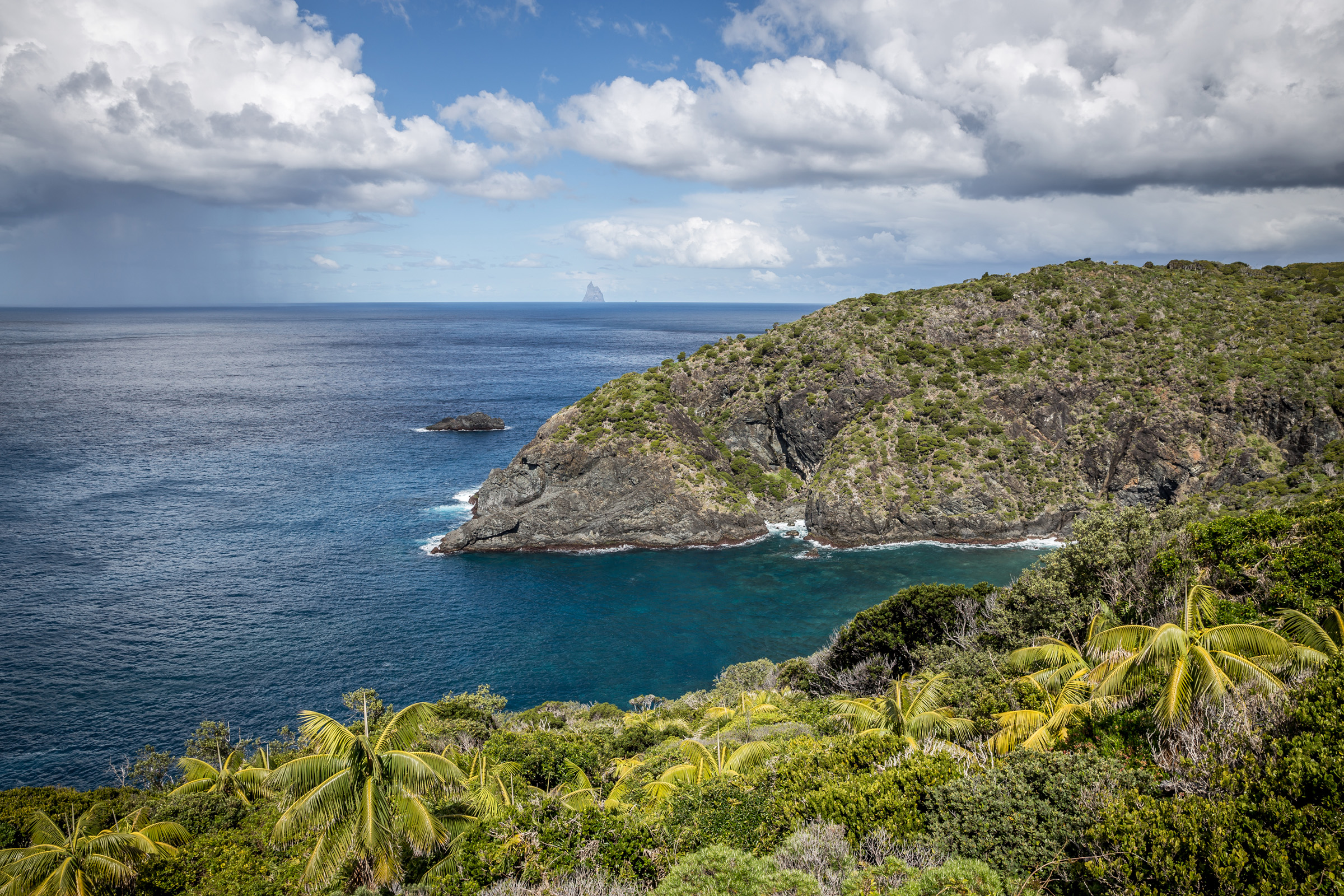
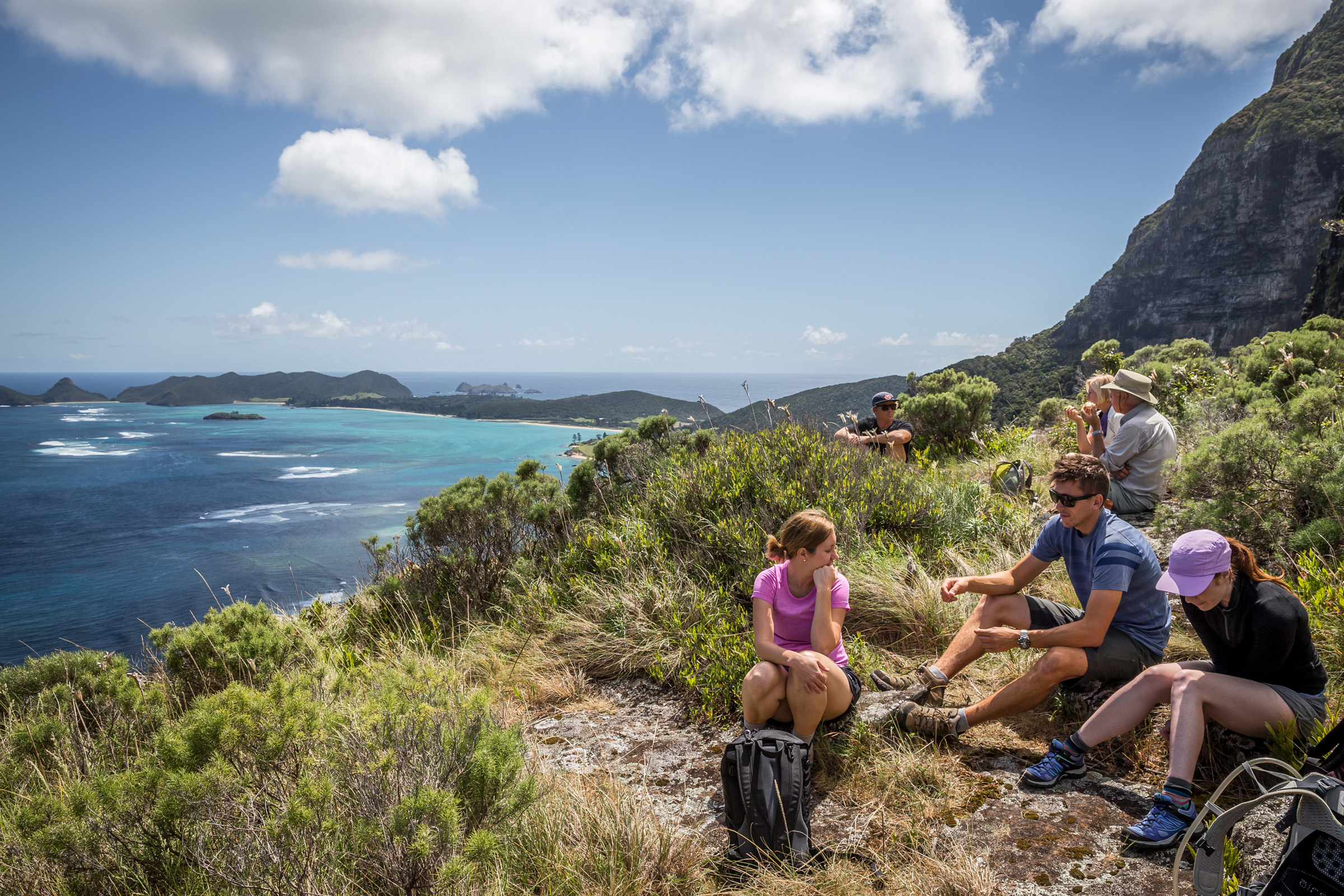
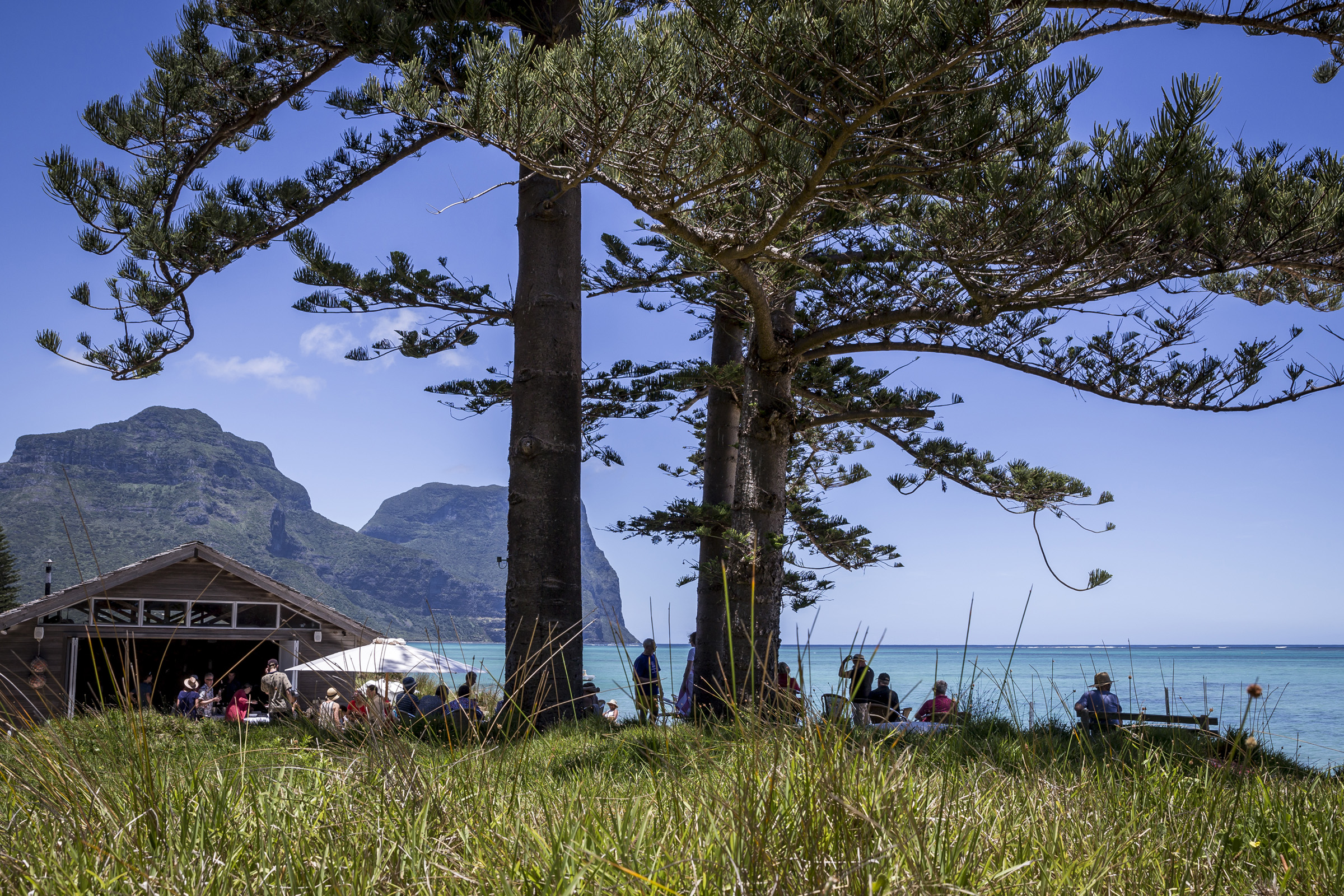
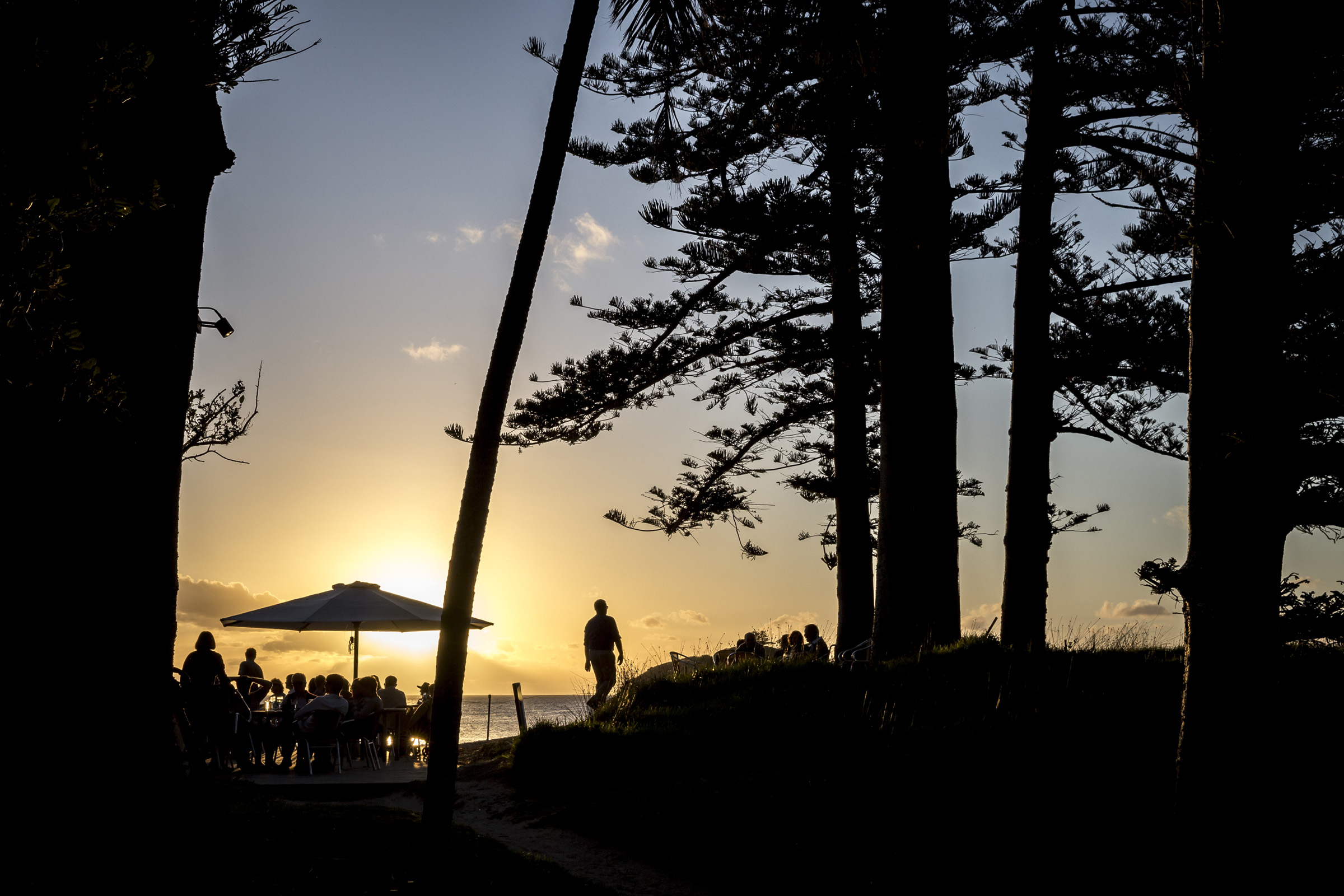
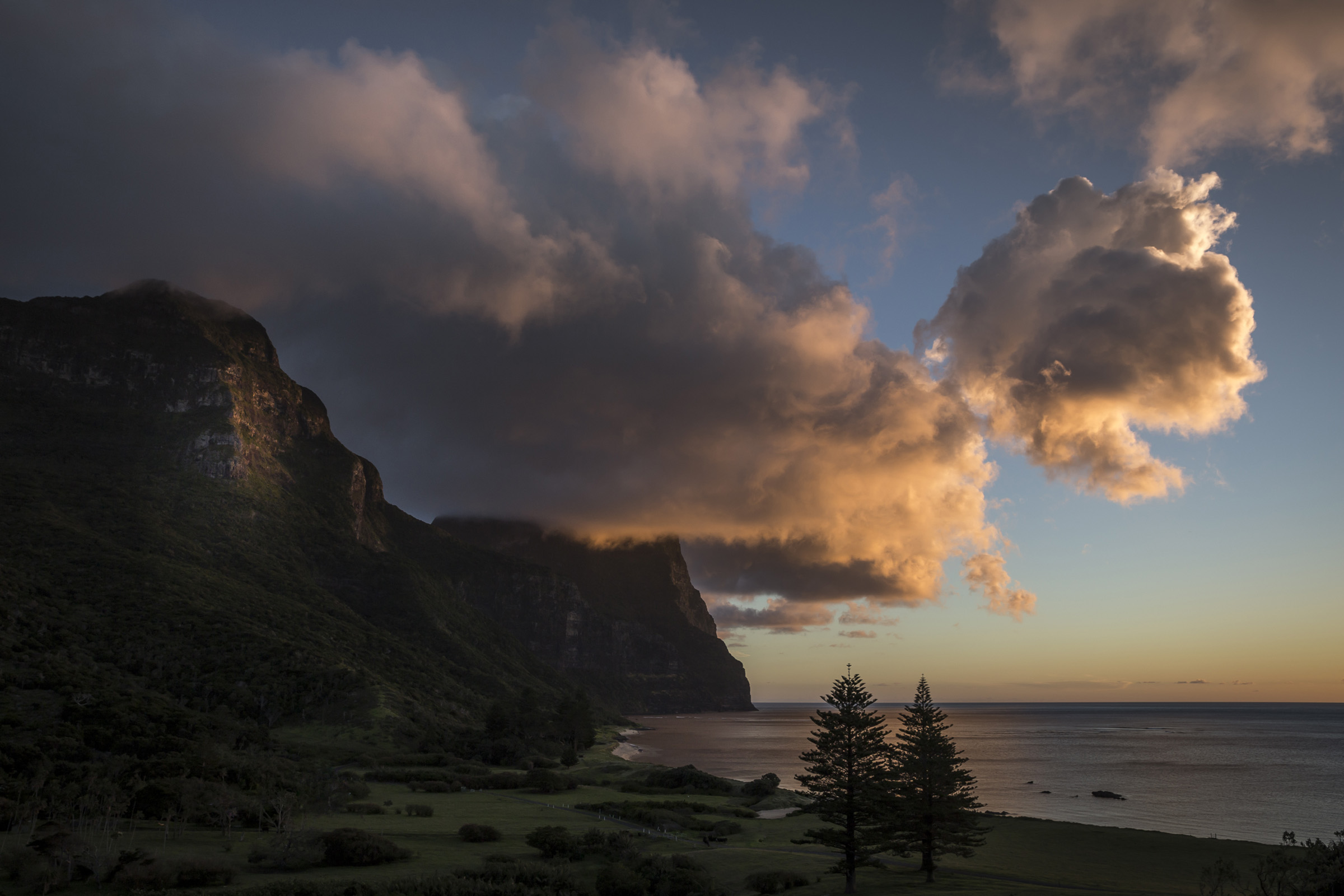
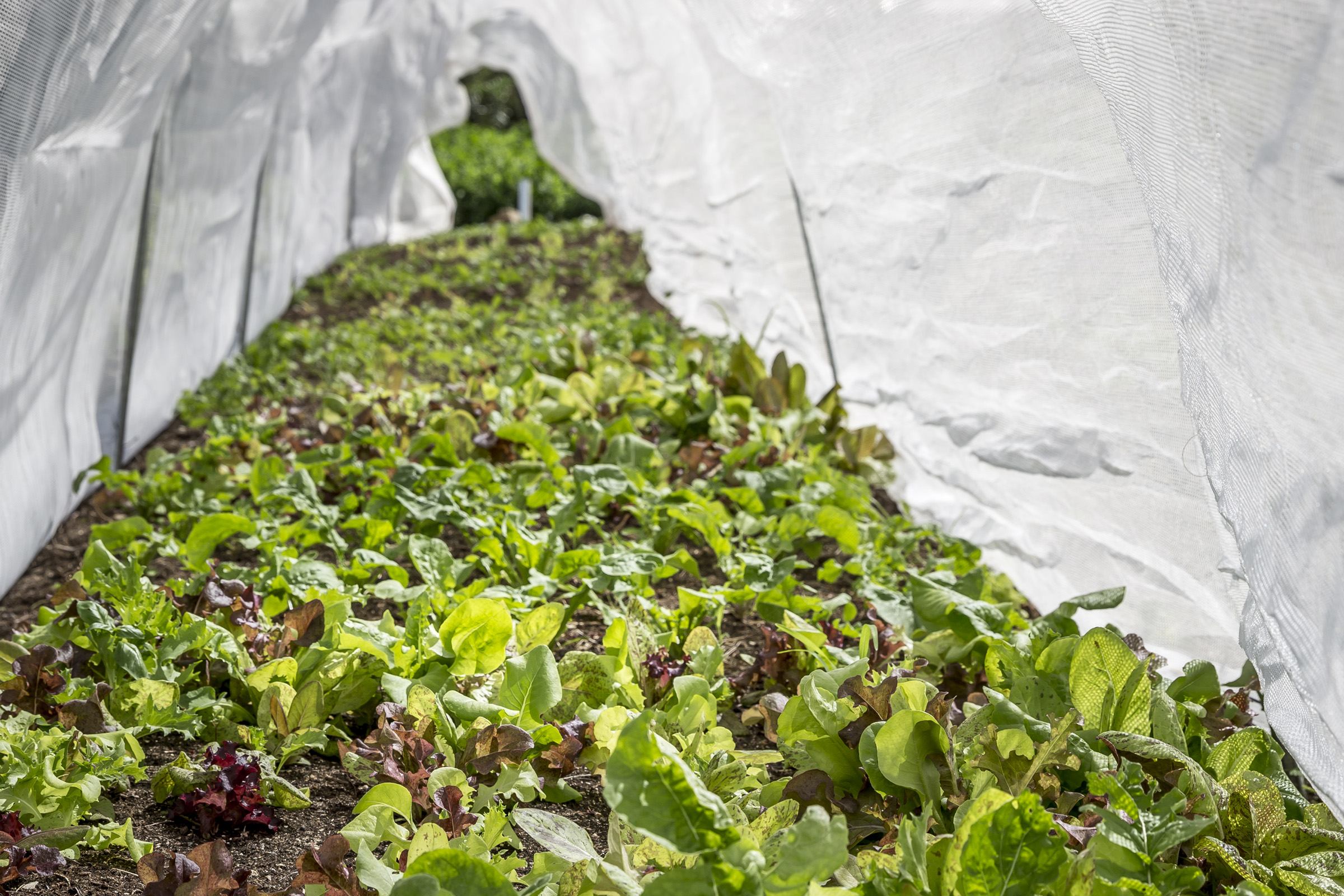
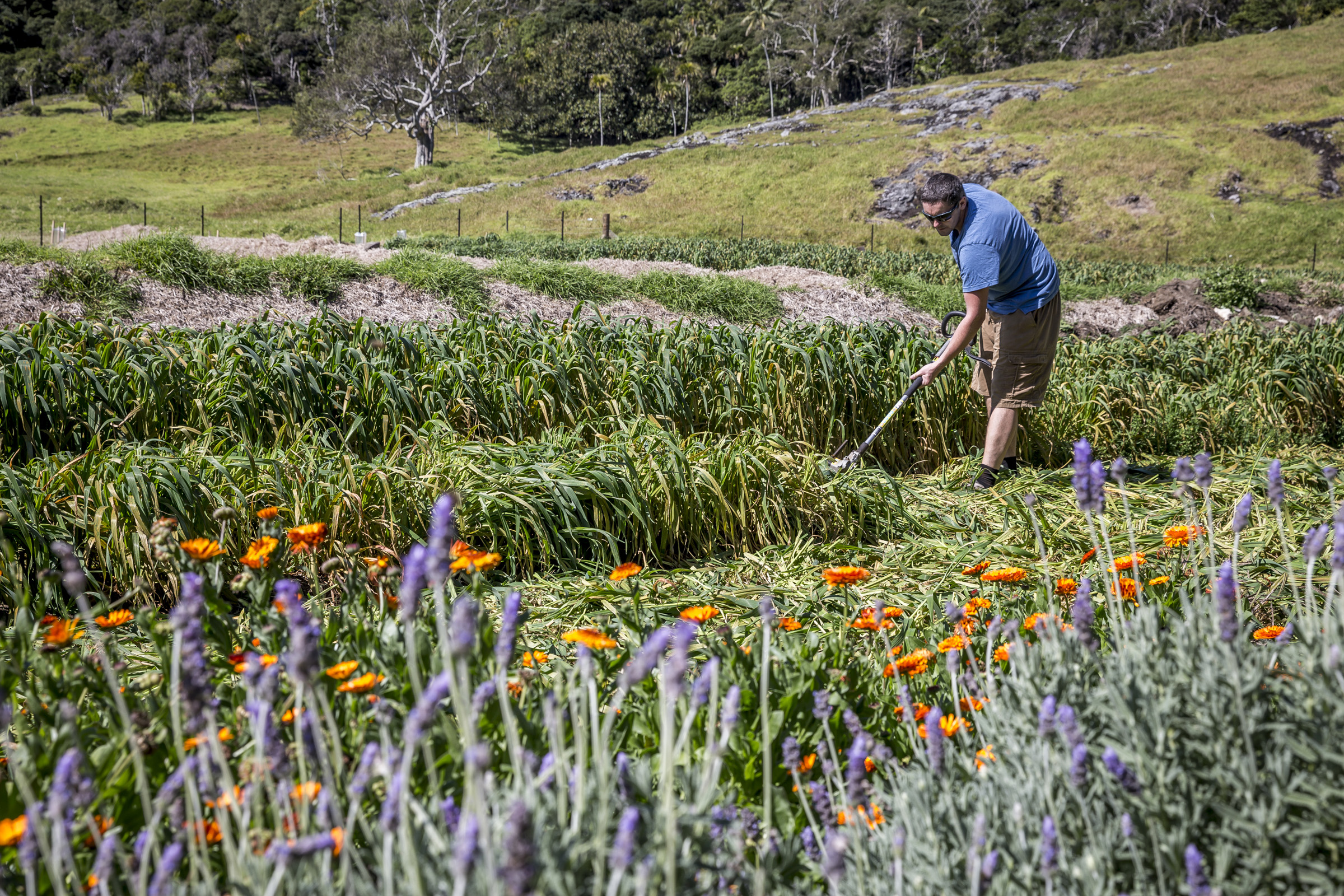
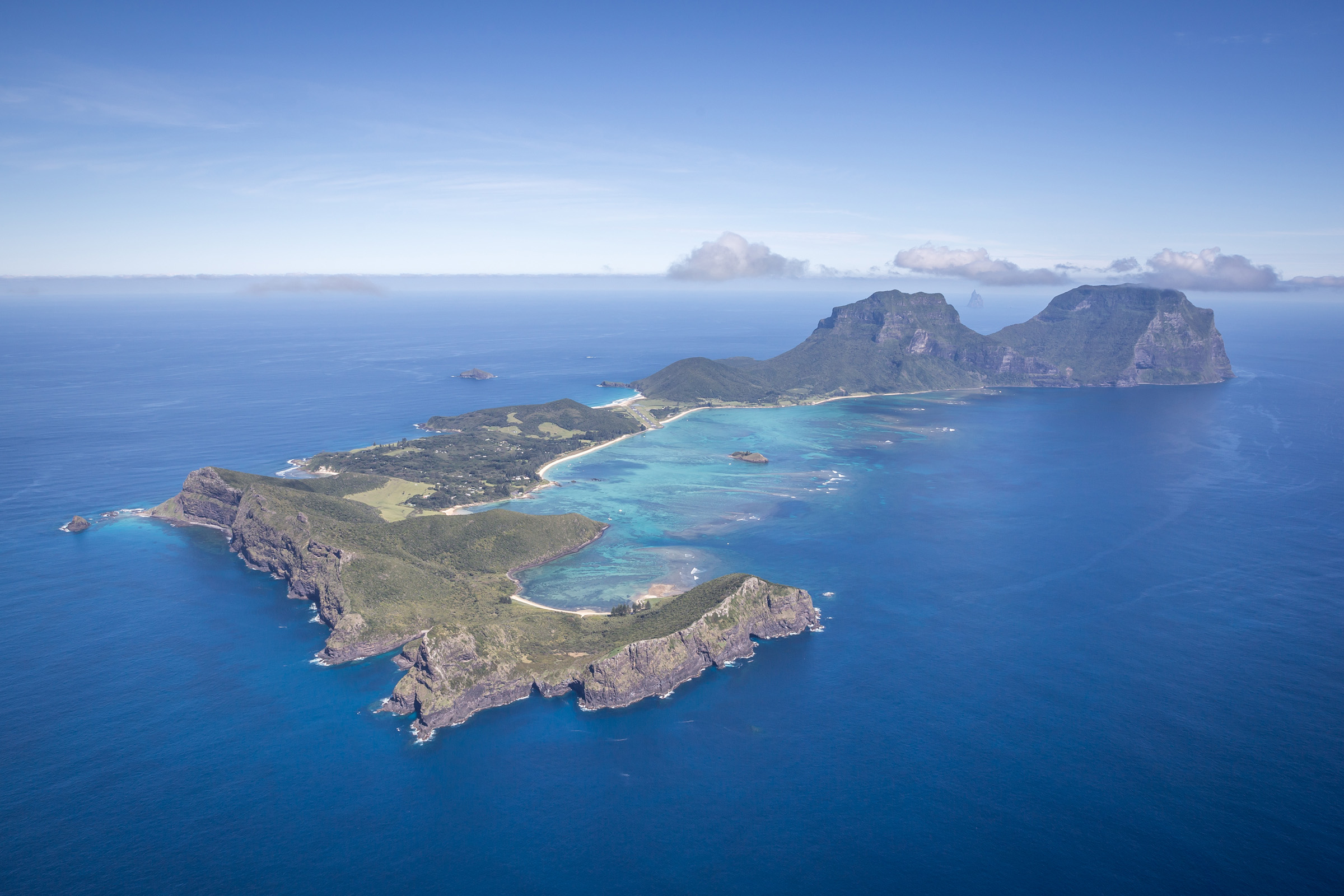
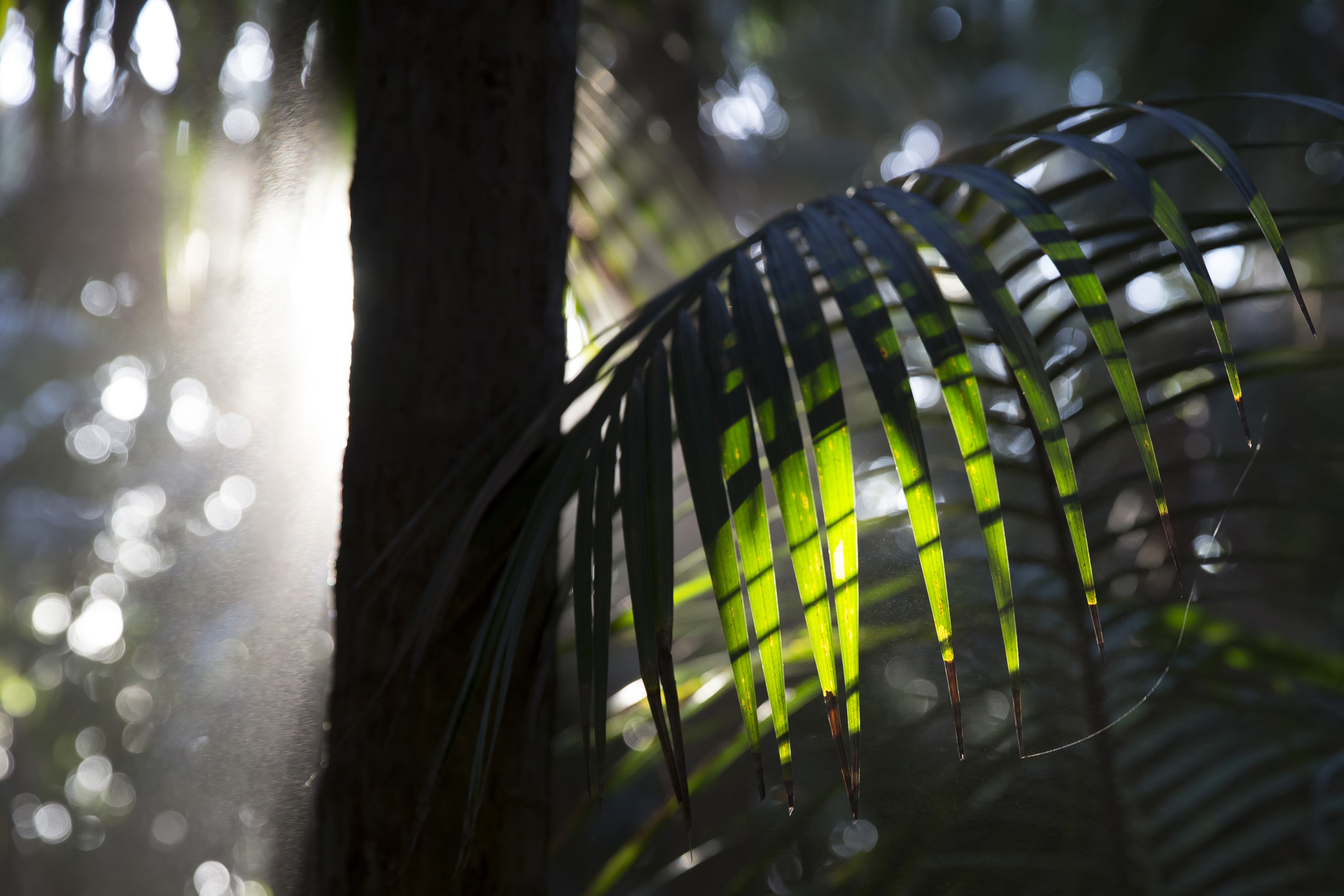
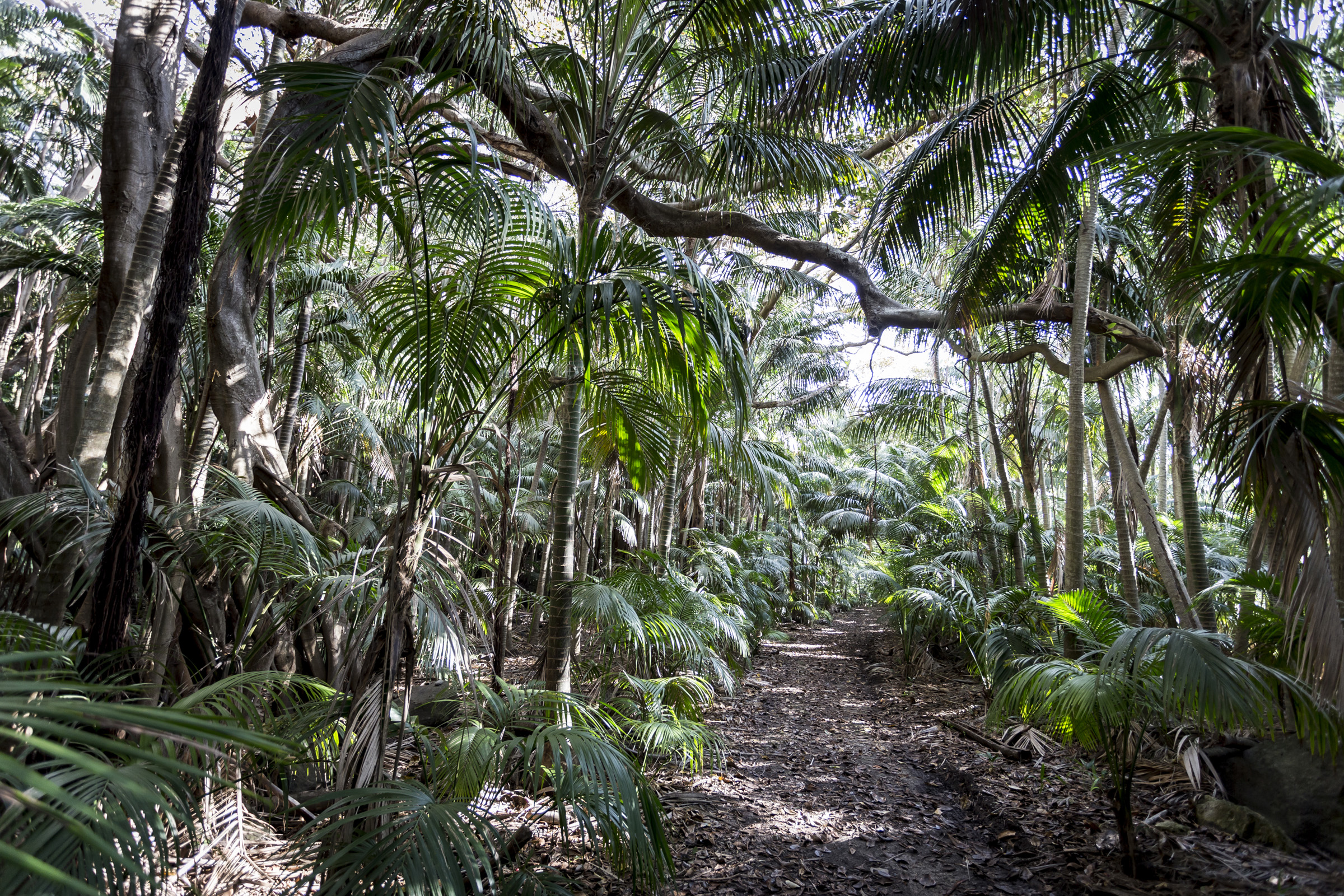
“Because I’m an ecologist, I always felt kind of yucky about too much promotion of these initiatives,” Luke says. “We didn’t want to do something to promote ourselves because of it.”
But the time has come, Luke feels, to communicate the measures the business is implementing. He is finally proud to share the accomplishments of the business with our increasingly environmentally-conscious world.
MAKING POSITIVE CHANGES
One of the huge changes Pinetrees is making is its conversion to solar power for 30 to 50 per cent of its electricity, Luke says. Given the island’s remoteness, electricity predominently comes from diesel power – as it stands.
“One of the biggest demands on electricity for Pinetrees is refrigeration, taking up about a third of our power,” Luke says. “It’s this, initially, that we aim to switch over entirely to solar. Then, later on, we aim to make our hot water solar-based too.”
This sizeable project is a major part of the business’s movement towards carbon-neutrality.
“Once you have a clear grasp of your carbon footprint, the question is what to do about it,” Luke says. “A lot of companies – such as airlines – can’t reduce their emissions themselves, so they offset them by putting money into carbon sequestration projects.
“In our case, we have a lot of options for actually reducing our footprint, rather than just offsetting it, such as the solar project.”
Another massive change that the lodge is in the process of making is the installation of a Fuji waste-water system.
“This is nearly a half-million dollar project,” Luke says. “It will treat our waste water to a level called advanced secondary. Meaning, we can use it to irrigate; it’s non-toxic and safe.”
On top of this, Pinetrees have made it their personal mission to restore the island’s highly endangered Sallywood Swamp Forest. Recently, they came to an agreement of 50/50 funding with the state government. The goal is to double the ground coverage of the forest and connect separate stands of it into a large corridor.
“This endangered ecological community once surrounded the drainage lines of the island’s creeks and waterfalls, but a lot of it was cleared by the early settlers,” Luke says.
“Now on Lord Howe, the only place in the world where this type of forest is found, there is only a hectare of it left.”
The process is rather extended; it’s a large commitment.
“One of the first steps is harvesting the seed from the existing stands of that forest community,” Luke says. “Then we have to contract a local nursery to grow 5000 seeds for the variety of species that make up this forest type.
“Starting next year, we’ll build four to five kilometres of fencing to exclude the areas we’re restoring, prepare the site and then, when the seeds are finally ready, do the planting.
“But of course, as with any bush restoration project, the hardest part will be actually keeping the plants alive once in the ground.”
That’s where the treated water comes in. There’ll be up to 6000L of it daily to use in sustaining the planted forest.
Yet another sustainable move by Pinetrees was the planting of a large organic market garden four years ago. Here, the team garden without chemicals. The garden’s produce serves up to 100 people a day. As Luke says, “You can’t get lower food miles than something you pick 30 metres away from the kitchen and serve an hour later.”
These above measures have emerged within a community that is itself very environmentally conscious. Lord Howe Islanders rigorously sort rubbish, re-use crushed glass with smoothed edges for making roads, compost boxes and paper, and preference multi-use items, for example.
The ongoing curiosity of visitors about these initiatives has surprised Luke in its scope. It turns out people are incredibly interested in the practicalities of managing waste and sourcing resources on a remote island setting. The enquiries regularly made by guests had Luke and the team offering impromptu show-and-tells around the lodge’s grounds, a process they’ve recently formalised into a tour running several times weekly.
The island is, in a way, a microcosm of the rest of the earth. Issues of resources, disposal of waste and climate – which exist world-wide – stand out here in sharp relief.
The curiosity of visitors – who no doubt feel affected by the same issues – arguably demonstrates that they are themselves emotionally invested and keen to make a difference.
EMPOWERING SUSTAINABLE HOLIDAYS
In our present age, Luke says, the path to making a difference is clear – but that doesn’t mean it’s easy:
“Nowadays, there are things you can do,” he says. “There are some hurdles along the way – administrative, bureaucratic and funding hurdles – but if you can get through these, it’s pretty straightforward. The technology exists now. Of course, those hurdles can be very challenging to overcome. From a business’s perspective, making significant change costs money. But we’ve made a really concerted effort in the last year to make these changes a reality. There’s no incentive or reward for us doing that. It’s just something we think is a good idea.”
When it comes to each individual’s capacity as a consumer, the path is similarly clear. For recreation, choose human-powered activities within a natural arena, and favour businesses and service-providers that are sustainable, responsible and actively generous in dedicating a share of their profits to the environment. In so doing you steer the economy and, most importantly, reduce your footprint. Pinetrees is proud to lead the charge as a business actively taking care of our planet and providing a sustainable breed of adventure.
“Environmentally, the best holiday is a camping trip to your local national park,” Luke acknowledges. “But inevitably, by the nature of modern life, most of us engage, now and then, in activities prone to a bigger footprint. Fortunately there are holidays of this sort nowadays that enable people to reduce their impact. If people want to go somewhere and feel good about their choices, we can offer them that choice.”





